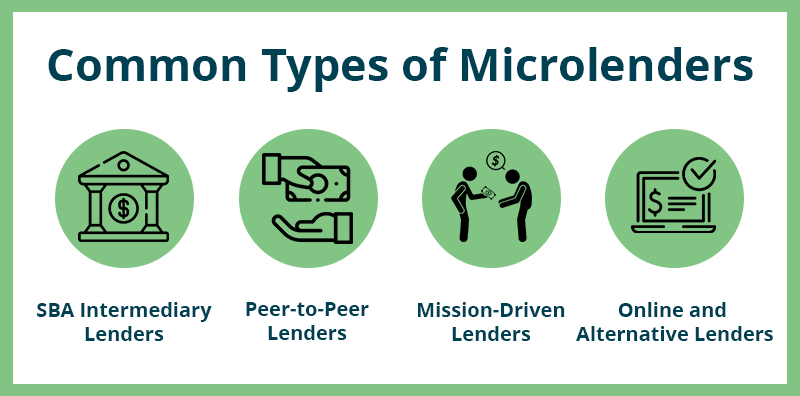One powerful tool that has gained prominence in achieving these goals is the microloan. Microloans, characterized by their small size and accessibility, have emerged as a vital instrument in empowering individuals with entrepreneurial aspirations, particularly in underserved and developing communities. By providing capital and resources to budding entrepreneurs who often lack access to traditional financing, microloans play a significant role in fueling entrepreneurship and driving economic progress.
Empowering the Entrepreneurial Spirit
Microloans cater to a diverse range of aspiring entrepreneurs, including women, minorities, and individuals in low-income regions. These loans are typically of modest value, ranging from a few hundred to a few thousand dollars, which makes them accessible to individuals who might not qualify for larger loans from traditional financial institutions.

For many individuals, accessing capital can be a substantial hurdle when starting or expanding a small business. Microloans bridge this gap by offering relatively small amounts of capital with manageable repayment terms. This enables entrepreneurs to pursue their business ideas, invest in equipment, secure inventory, or meet working capital needs, all of which are pivotal in establishing a solid foundation for their ventures.
Catalyzing Economic Growth
Microloans have a remarkable ripple effect on local economies. When entrepreneurs are provided with the financial means to launch or grow their businesses, they not only generate income for themselves but also create job opportunities for others. As these businesses expand and thrive, they contribute to economic growth by increasing local production, fostering innovation, and injecting vitality into communities.

As their ventures flourish, entrepreneurs can contribute more taxes, create additional employment opportunities, and provide valuable goods and services to the community.
Navigating Challenges and Ensuring Impact
While microloans hold immense potential for driving entrepreneurship and economic growth, they are not without challenges. One key consideration is the need for effective financial literacy and business training programs. Many microloan recipients may be new to the world of business and finance, and providing them with education on managing finances, business operations, and marketing strategies is essential to ensure the success of their ventures.
Additionally, microloan programs must be designed with sustainability in mind. For microloans to have a lasting impact, repayment rates must be maintained, and default rates should be minimized. Lenders often work closely with borrowers to provide mentorship, guidance, and ongoing support, enhancing the chances of successful repayment.
Collaborative Efforts for Lasting Change
The success of microloans is not solely dependent on lenders and borrowers. Collaborative efforts between governments, non-governmental organizations (NGOs), financial institutions, and the private sector are essential in creating an enabling environment for microloans to thrive. Governments can play a role by implementing policies that promote financial inclusion and entrepreneurship, while NGOs and financial institutions can work together to deliver training programs and streamline the loan application process.
The private sector, too, can contribute by offering mentorship, technical assistance, and investment opportunities to microloan recipients. By nurturing a network of support, entrepreneurs have a greater chance of not only surviving but thriving in the competitive business landscape.
In Conclusion
Microloans stand as a beacon of hope for aspiring entrepreneurs who are determined to turn their business dreams into reality. By addressing the financing challenges that many small business owners face, microloans create a pathway to economic independence and prosperity. As these entrepreneurs flourish, they drive local economic growth, create jobs, and contribute to the overall well-being of their communities.







